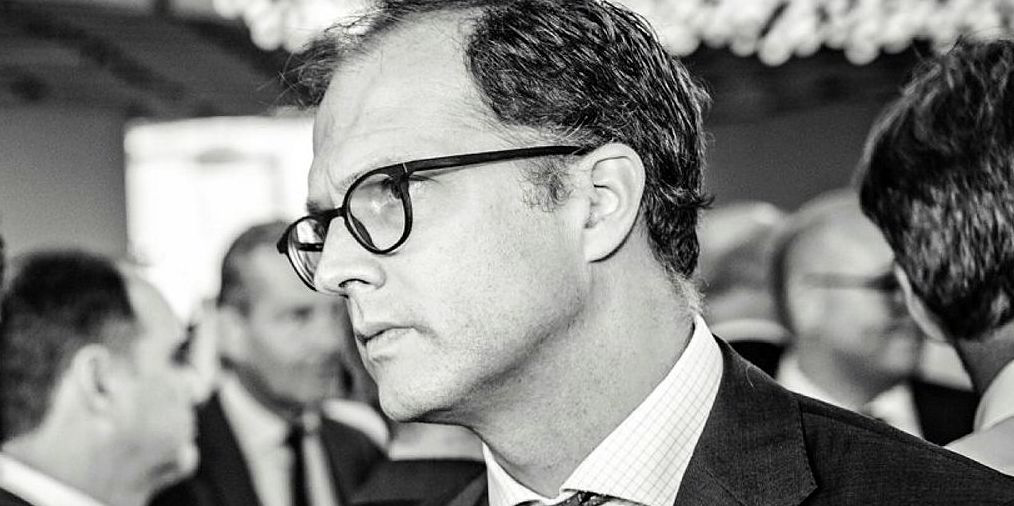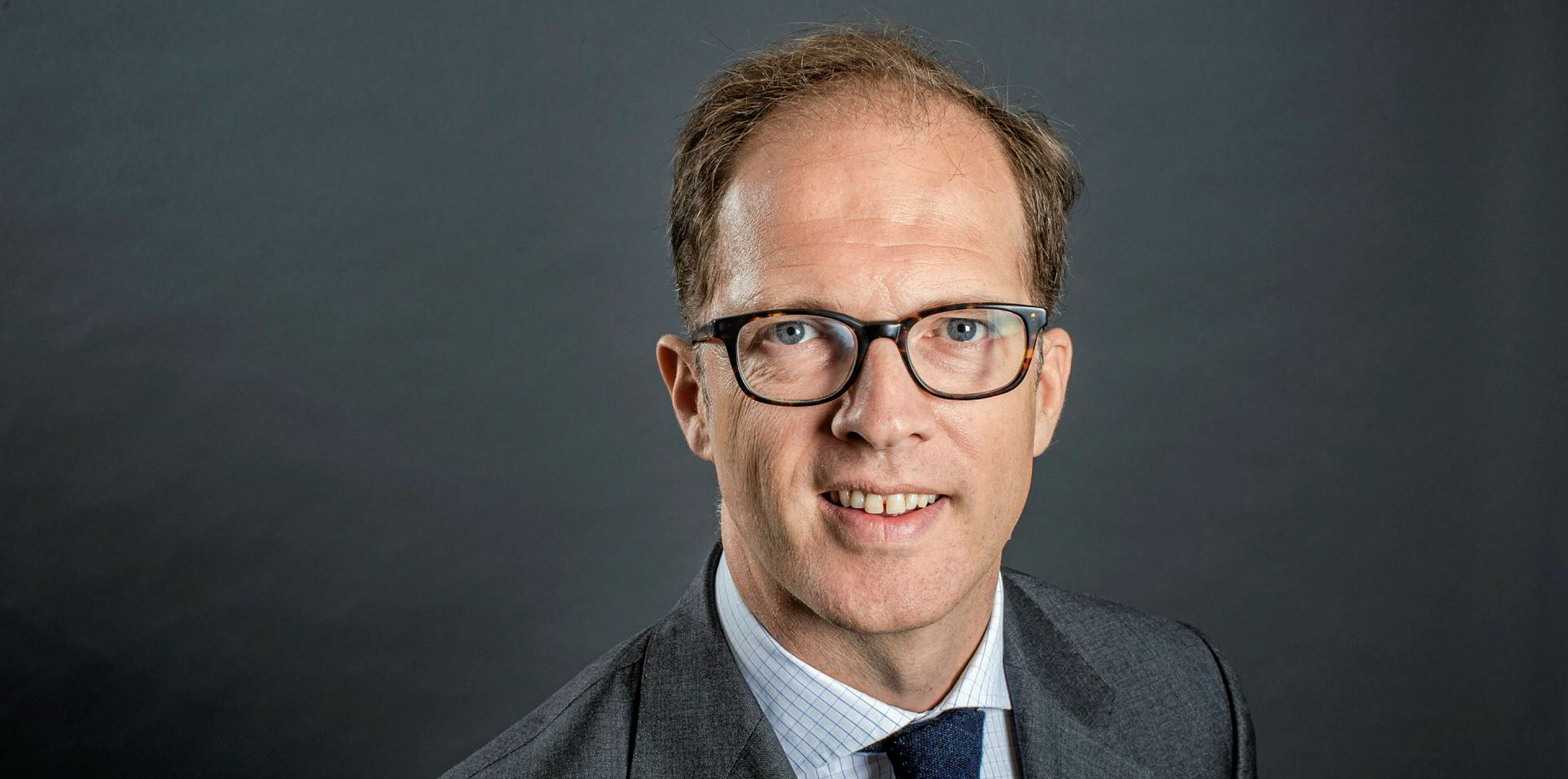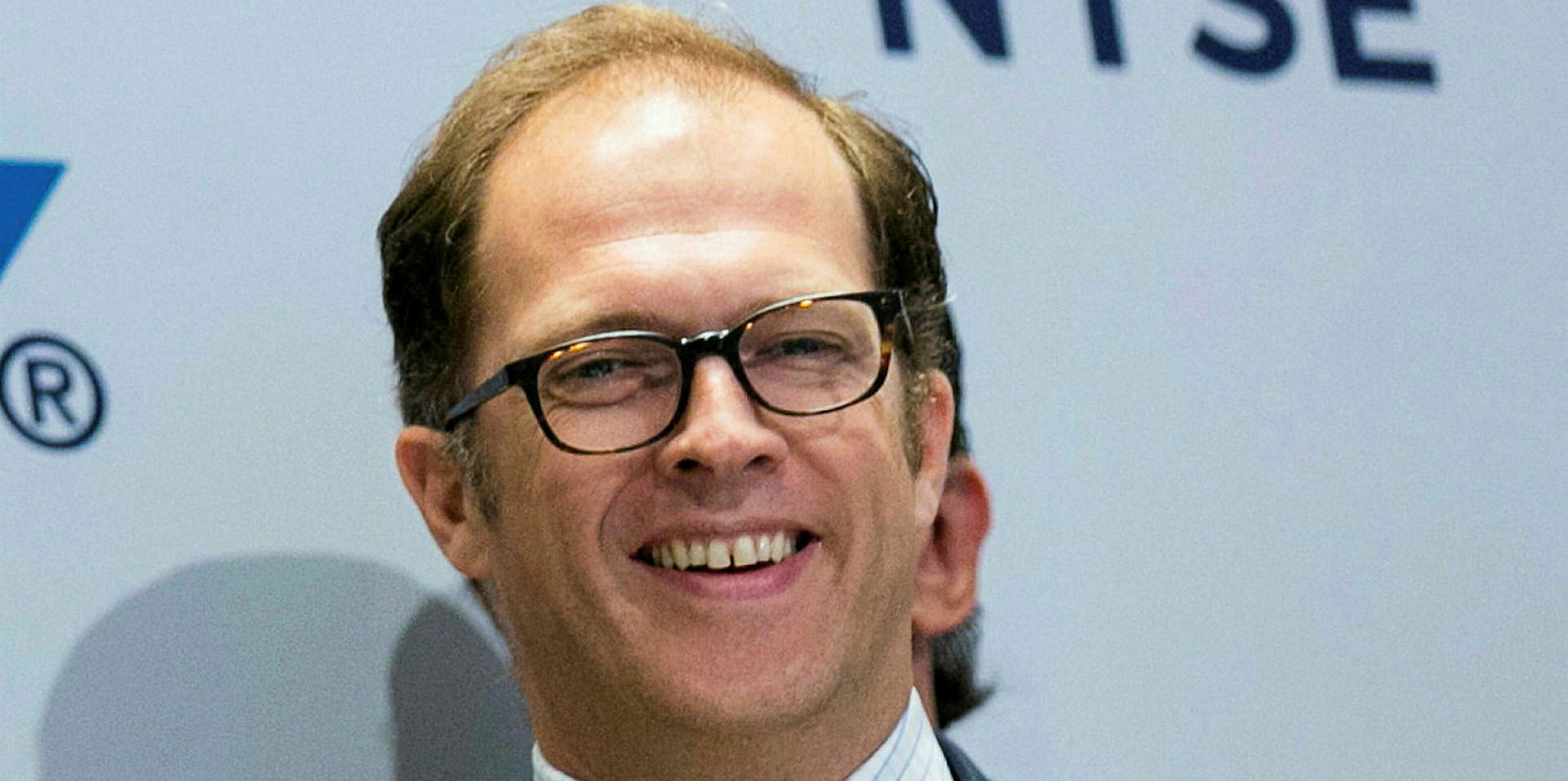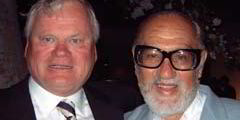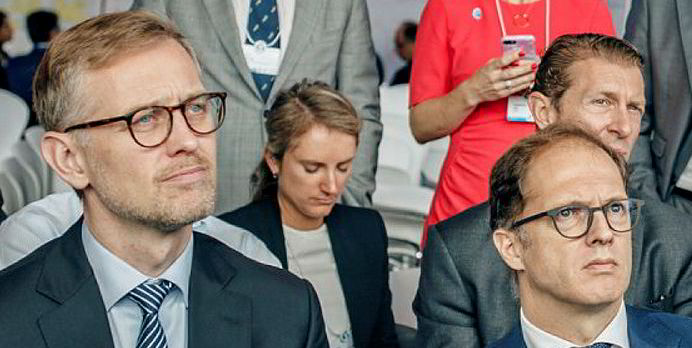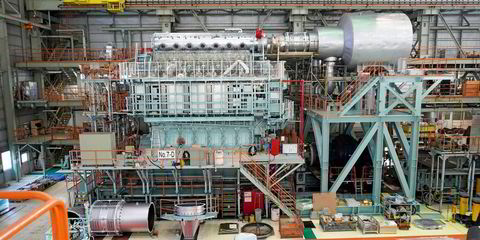As a professional and well-spoken, middle-aged white northern European male with an eye for good tailoring, Hugo De Stoop could have come from Central Casting to play the role of a convincing chief executive.
But industry insiders understand that the norms of mainstream business are often adopted belatedly in shipping, and as chief executive of Euronav, the world’s biggest public crude tanker company, De Stoop is the flag-bearer for an emerging breed of professional shipowners’ executive.
The shadow and culture remain from the Saverys and Livanos family firms that originally comprised Euronav, but De Stoop runs a public company for the benefit of all shareholders, not just the founders, insiders or controlling family.
Clearly, there is nothing revolutionary in that. Yet such an independent approach goes to the heart of investor and regulator demands for shipping to clean up its poor corporate governance track record, improve transparency and enable more efficient asset allocation.
De Stoop, 47, joined Euronav in 2004 as deputy chief financial officer after bouncing around in different management and finance roles for a few years in Europe, the US and Latin America. Early evidence of an innovative eye saw him launch First Tuesday in the US. The networking group was an icon of the late 1990s dotcom boom that crashed so spectacularly.
He was promoted to chief financial officer at the beginning of 2008, before clinching the top job at Euronav in May last year after the surprise resignation of Paddy Rodgers, who had headed the company since 2000.
Those years at Rodgers’ side — De Stoop portrays it as a partnership — saw them more than quadruple Euronav’s size through organic growth and two blockbuster deals.
De Stoop played an important part in the $1bn acquisition of Maersk’s VLCC fleet in early 2014 and New York’s Gener8 Maritime in 2018.
The Maersk deal was completed at a gallop. One senior broker told TradeWinds: “It was a very bold purchase. It was very difficult to see upside at the time because the market was crap. It is quite difficult to get on the right side of a deal with AP Moller, as they are smart people. That is why this transaction is so impressive.”
'One of the best stewards of capital in the industry'
The Gener8 deal, on the other hand, took nearly two years from contact to execution, with a long round of meetings with institutional shareholders to persuade them to back it.
When De Stoop succeeded Rodgers, Deutsche Bank’s respected analyst Amit Mehrotra described Euronav as “one of the best stewards of capital in the shipping industry” and said he held De Stoop “in high regard”.
But markets are now focused on a future in which De Stoop has to grapple with the contradiction between the perceived value of Euronav’s management skill and what investors actually give credit for.
Although Euronav has a market capitalisation of $1.9bn against rival Frontline’s $1.2bn, and beats it on many standard metrics, investors still give the Robert Hvide Macleod-led company a higher valuation against the notional value of its fleet — its net asset value.
And how does a crude oil shipping company make the bridge to a low-carbon world? De Stoop says it is working on pathways to cut emissions, and he has signed up to industry initiatives. But as yet, no major investments have been made.
Euronav bid for Total’s tender for two LNG dual-fuel VLCCs but lost out “because when we offer our service, we also want to have some sort of a return”.
Speaking to analysts in August, De Stoop said “we are watching absolutely everything” in terms of long-term fuel solutions, although he leans towards ammonia rather than hydrogen.
He has also been candid on the underlying causes of the crew change crisis.
“At the heart of the problem is the way we have built this industry in the past: to try to be in the shadow, to try to be discreet, to try to be forgotten,” he told a seminar in September.
“Nobody wanted to pay tax, nobody wanted to be heavily regulated, and so they have chosen for most a place of incorporation that is tiny, discreet, influenceable and certainly tax-friendly. Going forward, it’s probably not a good solution.”
De Stoop’s challenge will be to turn his vision of pragmatic but progressive management into long-term shareholder value.
